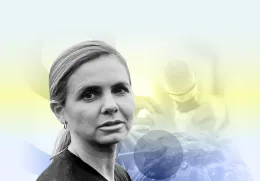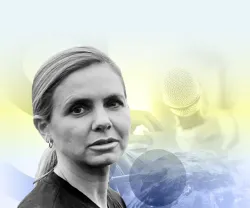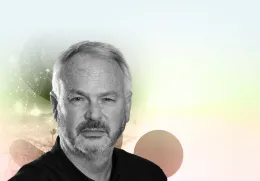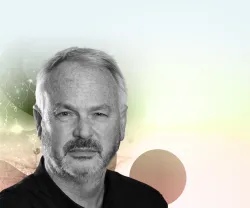Five decades of democracy have revolutionised cultural habits in Portugal. Censorship ended, the country opened up to the world and new books films and all kinds of art arrived.
Music became widely recognised as an art form with a wide reach and high consumption. While fado, light music and protest songs were the genre that most marked Portuguese society before 25 April, the 1980s brought Portuguese rock and pop. But the fado returned – with the recognition of this genre as Intangible Cultural Heritage of Humanity in 2011. At the same time, music festivals – with the pioneering Vilar de Mouros in the late 1960s – became the most important cultural events of summer.
In theatre, the revue genre had been losing ground and practically disappeared, while Filipe La Féria was successful in musical theatre. New groups and companies were set up and their repertoires opened up to diverse national and international authors, from the most classical to the most damned. Are the younger generations taking advantage of this change?
In 50 years, gone are the days of a country where Sunday was marked by mass in the morning and football in the afternoon. Expo 98, the largest cultural history festival in the last 50 years has been pointed to as a ‘turning point’ in the discovery and enjoyment of public spaces.
There were also transformations in television. 1992 saw the arrival of the first private channel, SIC, which was soon followed by TVI. There was more and more on offer and technology – cable TV and the internet – brought new possibilities. Cultural consumption habits changed profoundly. The emergence of large distributors of cultural and artistic content, such as YouTube and Netflix, and access to them at any time on computers, smartphones and smart TVs changed family living and segmented family consumption. These were followed by social media: Facebook, Instagram, TikTok and other platforms that dominate these new times.
In the future, how will physical presence be conjugated with digital presence? What liberty and diversity will there be apart from the choice dictated by the algorithm? And does any still remember how a few decades ago Saturday was the day for going to the shopping centre and we all watched the same programmes? This documentary follows the sweeping changes seen in the last 50 years after the arrival of democracy.
11
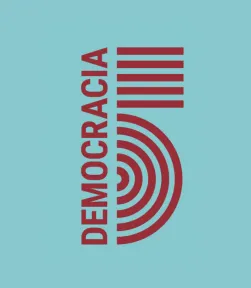
Portugal has changed drastically over the last 50 years. Almost five decades on, what profound changes have taken place in the country? And what lessons should we learn to improve the future?
The Foundation has an extensive program to reflect on what has changed and what measures still need to be implemented to improve national democracy.
The programme begins at the Carmo Barracks where the regime fell – with the event "Five decades of democracy, what has changed?" – and extends to more debates, a series of eight mini-documentaries, documentaries, publications and studies, which will allow us to think about and build the collective future.




















